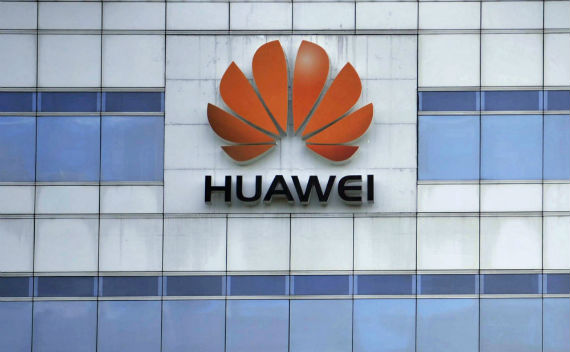Anyone But Huawei
More on:

A new report about Huawei’s connections to the Chinese military and intelligence agencies will make it even more unlikely that the telecomm company will ever be approved for a major acquistition in the United States (it should be noted that Huawei already supplies many smaller companies throughout the United States). Actually, given all the previous reports on Huawei, the letter eight Republican senators sent to the Obama administration urging an investigation of the company, and given that Rick Perry’s presence at a ribbon-cutting ceremony in Texas has become a campaign issue, the claim that Huawei has links to the Ministry of State Security just seems like unnecessary piling on.
Huawei has mounted a vigorous PR campaign against the charges, and I would not lend too much credence to some of the sources that are cited in the report tying Huawei to the MSS, but we need to change this story line. The fact is there are good reasons why the United States should welcome Chinese investment, even in technology sectors. As Daniel Rosen and Thilo Hanemann’s report on Chinese foreign direct investment notes, Chinese investment totaled more than $5 billion in 2010 and was probably responsible for creating more than 10,000 American jobs. A new CFR Task Force on U.S. Trade and Investment Policy concludes, "If the United States is to prosper in today’s global economy, it must enhance its ability to attract the investment and jobs linked to producing goods and services for these large and prospering markets [in Asia and Latin America]."
We also have to think about what is happening within China. Policies are not the result of the decisions of a few powerful leaders but rather of bargaining among different bureaucracies and commercial interests. For any serious economic issue there are a series of mini-debates between those who have a more mercantilistic view of the world, and those willing to pursue Chinese goals through more open trade. The constant rejection of Huawei in the United States is likely to undermine this second group. To eliminate the narrative that the United States is not open to Chinese investment, we need to see a big Chinese company buy a U.S. technology firm with no calls for investigations or claims that the sale is a threat to national security. Basically we need a sale to almost anyone but Huawei.
More on:
 Online Store
Online Store